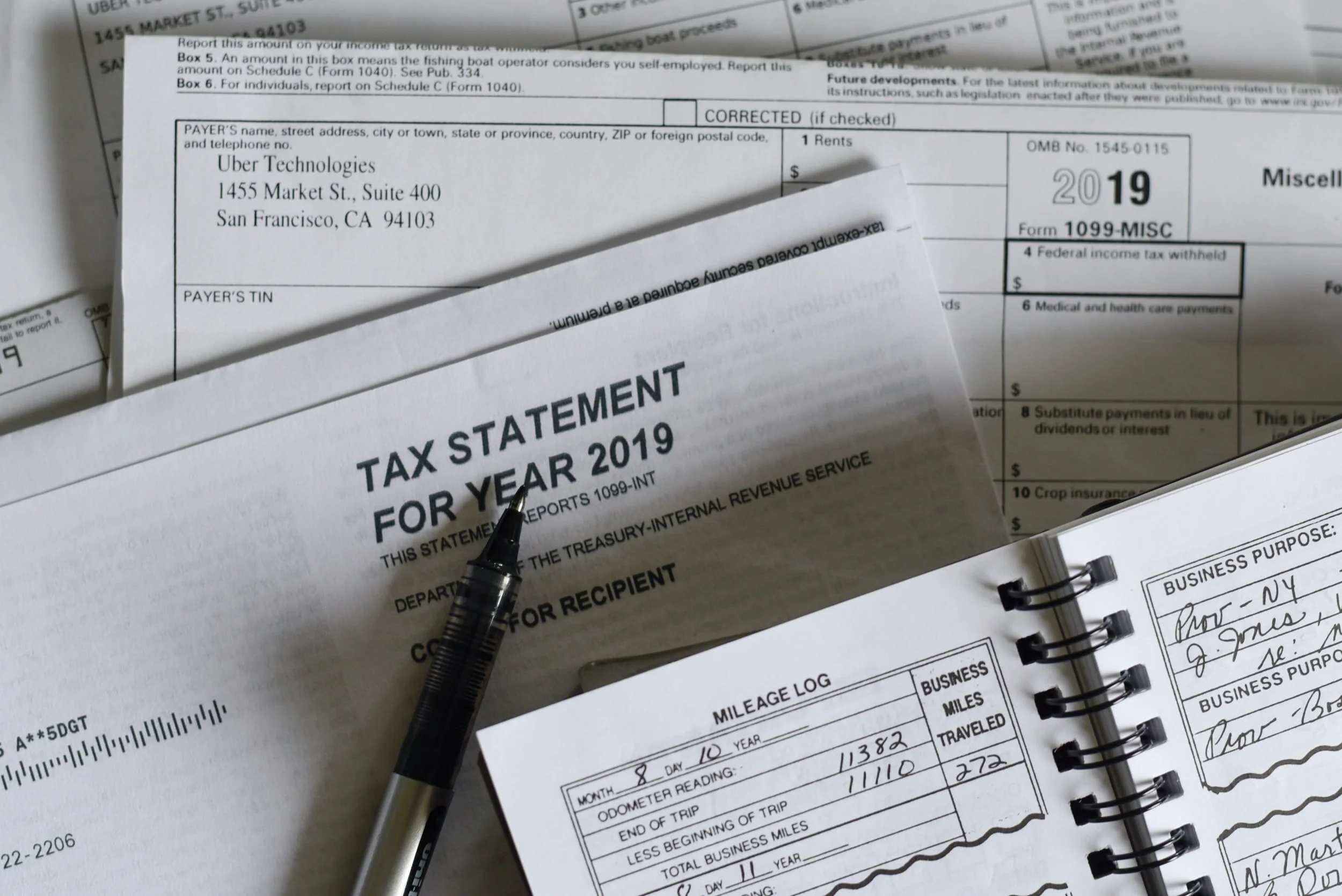Real Estate Tax Strategy with the Deferred Sales Trust
by Christopher Levarek
“If you don’t get serious about your money, you will never have serious money.”
- Grant Cordone
There was a time when I gave not a thought to tax strategy. I worked my W-2 job, filed my taxes and shook my fist at the IRS with every paycheck. I did however reason with myself that paying taxes was how I gave back to the roads I drove upon, the schools my children will attend and those hard-working heroes with jobs in police, fire or hospitals. I mean, everyone should pay their taxes right?
It was only after starting my journey into real estate, that I saw people talking tax strategy. In fact, tax strategy is one of the number one reasons people invest into real estate. Listening to the podcasts and reading the books on the subject, I began to see the IRS not as my foe and taxes not as a burden to bear. I began understanding that the government actually uses taxes, tax credits and tax incentives to achieve things they can not achieve alone.
My mindset shifted and I began to see that :
“ Tax credits and incentives given to businesses, real estate and other areas are simply some of the ways the government can encourage certain investments, projects and changes that are needed in our economy.”
Without such tools, the government would be forced to invest, build and change within their own budget, which as we all know, seems to be in the deficit frequently.
With this idea in mind, some of you might know the idea of the 1031 exchange or even have used this tool to defer capital gains or taxes due on a sale of a property. If not, it simply allows one to sell a property and roll the gains into buying a bigger property with no taxes due. Although this is a more commonly known tool among real estate investors, what is not as common is what is called the Deferred Sales Trust. Let’s take a look at this tool.
Deferred Sales Trust - What is It?
Similar to a 1031 exchange, a deferred sales trust is a method to defer a capital gains tax on a sale of real estate or other business asset. Let’s look at an example :
Normally, if real estate investor “Joe”, the owner of an apartment complex, sells his $10 million dollar apartment complex and achieves a gain of $4 million dollars, he would have to pay taxes on those $4 million dollars. This is a capital gain.
However with a deferred sales trust, the gains never go to Joe. At the sale of the property, the sale proceeds actually get put into a trust. In this method, Joe never receives any money and so does not need to pay any taxes. In essence, Joe is selling his asset first to the trust, who then sells the asset to the buyer. The funds stay within in the trust and are only taxed if withdrawn.
Why Bother?
Now that the basic principle is understood, why would any seller put their capital into a trust that they then can’t access without being taxed? Good question.
First, this method is a deferment of taxes. So eventually taxes will be paid, however, it allows the seller to decide when they will pay those taxes. The trust allows the trust owner to decide how they want to take principal payments and can spread that taxable burden out to even coincide with other tax strategy opportunities in various years.
Second, the deferred sales trust can actually be used to invest into other investment options. So the trustee(intermediary) can invest those tax deferred dollars, on behalf of the trust owner, into stocks, reits, bonds, mutual funds and even more important, more real estate! In doing so, a trust owner could then be receiving interest payments on this capital or continued cashflow from other assets.
What Is the Catch?
In most cases, a Deferred Sales Trust will have an entry or minimum size asset of $1 million gain and $1 million net proceeds. Anything lower than this will not make the administrative cost of setup and management worth it in most cases.
In addition, a good intermediary or certified DST trustee and DST tax attorney will be necessary to comply with all the necessary requirements and timing of the sale. Having that relationship built ahead of time will be necessary.
Why not Use a 1031?
The 1031 has strict time restrictions, to include 45 days to identify a like-kind property to “exchange” for and 180 days to close the sale. This often forces investors to buy more expensive properties then desired to simply meet deadlines. The stress when under the gun of the 45 day timeline can be a burden as well.
More importantly however, the 1031 exchange has come under political spotlight of late. Although it has had some great success over the years with many investors, the current Biden administration is considering eliminating or limiting the 1031 exchange program. It could be the time to consider the DST instead.
In Final
The DST is just another tool in the toolbelt for preserving capital and limiting taxable gains. If you are interested in learning more, we advise visiting Capital Gains Tax Solutions and consulting with Brett Swarts and team. Or at the least, take a listen to the podcast and learn more on the topic. Perhaps consider this strategy for your upcoming sale or future tax strategy. Until then, Happy Investing!


